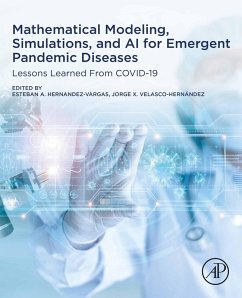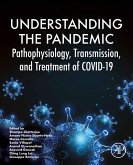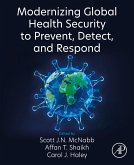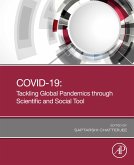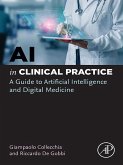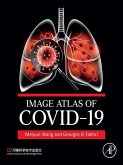Readers will benefit from learning how to apply advanced mathematical modeling to a variety of topics of practical interest, including optimal allocations of masks and vaccines but also more theoretical problems such as the evolution of viral variants.
- Provides a comprehensive overview of the state-of-the-art in mathematical modeling and computational simulations for emerging pandemics
- Presents modeling techniques that go beyond COVID-19, and that can be applied to tailoring interventions to attenuate high death tolls
- Includes illustrations, tables and dialog boxes to explain highly specialized concepts and insights with complex algorithms, along with links to programming code
Dieser Download kann aus rechtlichen Gründen nur mit Rechnungsadresse in A, B, BG, CY, CZ, D, DK, EW, E, FIN, F, GR, HR, H, IRL, I, LT, L, LR, M, NL, PL, P, R, S, SLO, SK ausgeliefert werden.

